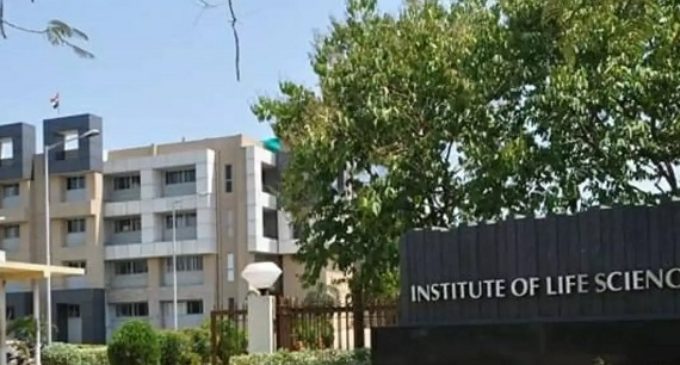Fate of ILS-Bhubaneswar projects face fate of uncertainty sans lack of full-time director

By U. Siddharth
New Delhi 18: After the untimely death of Dr Ajaya Parida, the incumbent director of Institute of Life Sciences (ILS), Bhubaneswar, a lot of research initiatives launched by him now face the fate of uncertainty.
What has cast a shadow on the future of these projects that ILS’s governing authority, the department of biotechnology of the Government of India, has not appointed any full-time director to oversee the incomplete research programmes.
On August 4, the department of biotechnology appointed Pulok Kumar Mukherjee, the director of the Institute of Bioresources and Sustainable Development (IBSD) at Imphal, Manipur, as its director (additional charge).
Dr Ajay Parida, a leading scientist, died on July 19. He died of a heart attack in Guwahati where he had gone to give a lecture.
Dr Parida had taken the initiative for setting up of a bio-observatory for enhancing the agriculture productivity in the coastal districts of Odisha. Besides, he had also started programmes to address the problem of water salinity in districts located on the shores of Bay of Bengal and development of the Nabarangpur district and Athagarh, a backward region in Cuttack district.
Sources said although the ILS have produced some tremendous research outputs under the guidance of the Dr Parida, those reports are yet to see the lights of the day because of absence of a fulltime director.
Some ILS-Bhubaneswar confided in the condition of anonymity that the day-today functioning of the institute has been affected sans a full-time director.
The general public in the state are also worried about the absence of a full-director here.
“Dr Ajaya Parida had played a pivotal role in genome sequencing during the Covid-19 pandemic. His guidance proved immensely beneficial to the state and Union governments. His daily articulation on Covid-19 on Covid-19 pandemic and pieces of advice through media briefing was guiding both the government establishments and the general public. Hence, a department of biotechnology must appoint a scientist with knowledge on local ecology and environment should be appointed as a full-time director to carry forward the research activities,” said Dr Ramachandra Behera, a healthcare activist.
“In fact, ILS has a broad vision of carrying out high-quality multidisciplinary research in the area of life sciences. The goal is for overall development and betterment of human health, longevity, agriculture and environment. The stated mission of the institution is to work towards upliftment of the human society and generate skilled human resources for future India. These are achieved by undertaking cutting-edge research using state-of-the-art technologies in the fields of vector-borne diseases such as malaria and filaria, viral infections, cancer biology, allergy and auto-immune disorders, genetic disorders, and agricultural productivity,” said Dr Behera.






